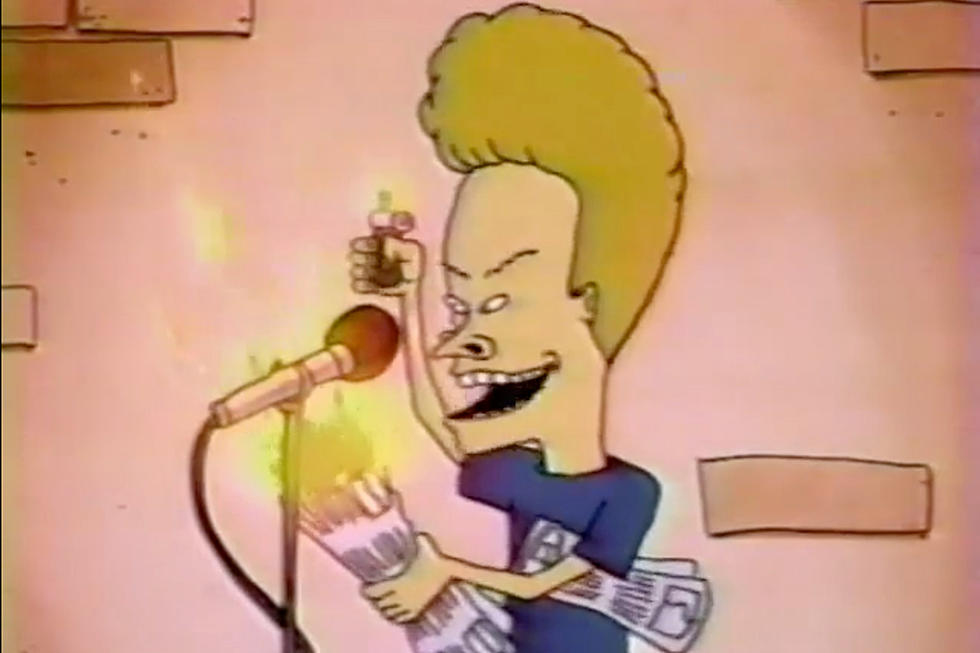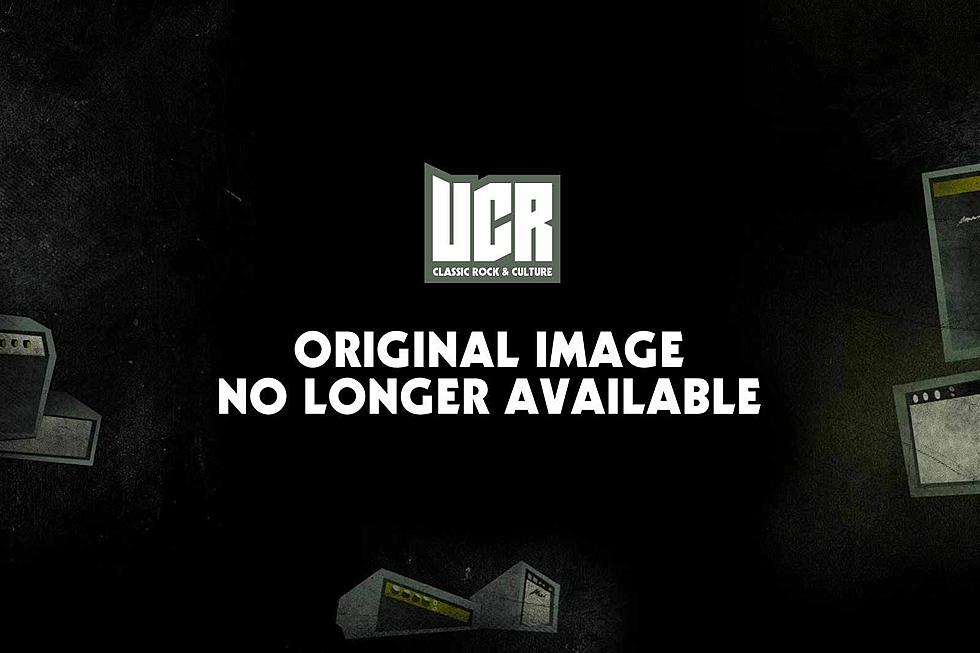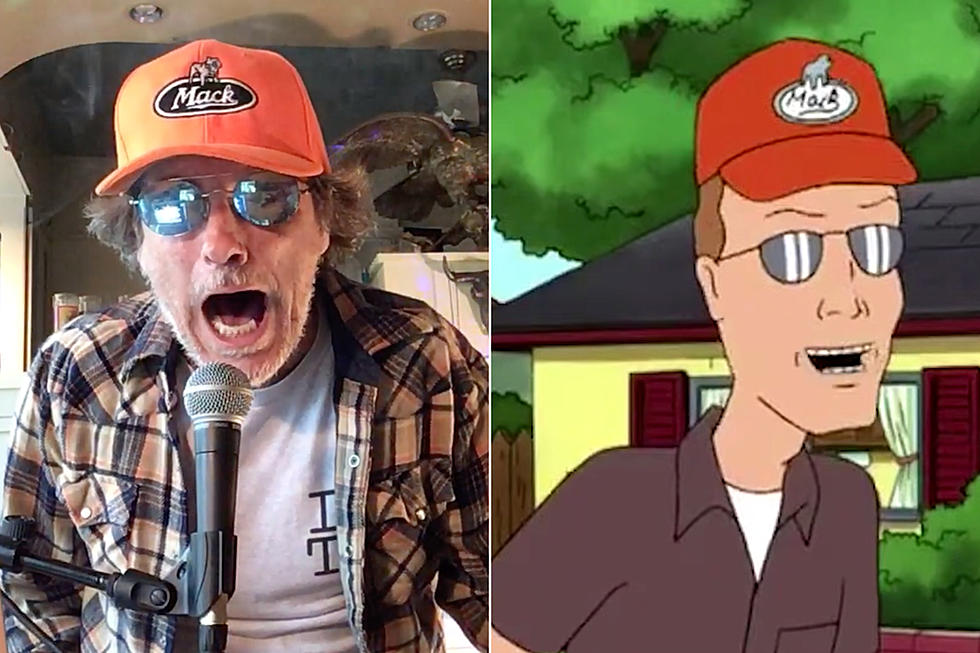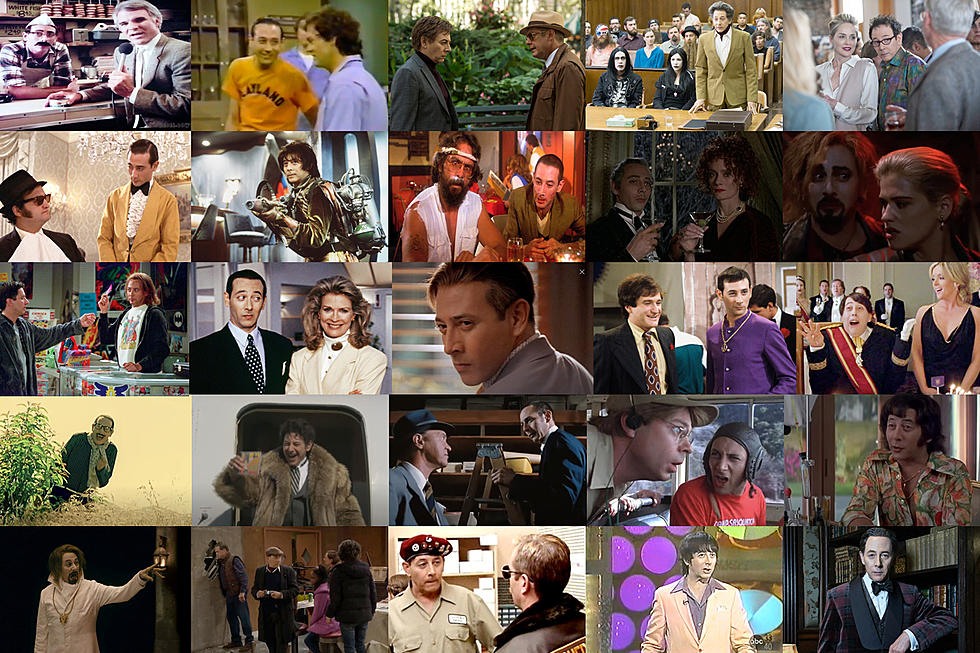
30 Years Ago: David Letterman Jumps to CBS With ‘Late Show’
On Aug. 30, 1993, David Letterman shifted the entire landscape of late-night television, simply by moving his show half a mile down the road.
The change was less about distance and more about dynamics. Since 1982, Letterman was the host of NBC's Late Night, the talk show immediately following The Tonight Show starring Johnny Carson. When Carson announced that he was retiring after 30 years of hosting the late-night staple, many believed Letterman would be handed the gig; even Carson wanted Letterman to get the job. Instead, Jay Leno was named The Tonight Show’s new host.
“I thought maybe we’d take [Late Night] and move it to California, but that didn’t happen,” Letterman explained, looking back at the experience during a 2022 interview. “It wasn’t my choice. Nobody ever came to me and said, ‘We want you to host The Tonight Show.’ So I can live with that. It wasn’t as though I made a mistake, as far as I knew.”
READ MORE: The History of Warren Zevon David Letterman
Even though he had no choice but to accept the decision, Letterman was nonetheless left in a delicate situation. He had no interest in playing second fiddle to Leno by staying in the post-Tonight Show slot. At first, he even questioned whether he’d have a show at all. “What turned on me was, ‘Oh, my. I may never work again,’” Letterman admitted. “So I tortured myself about that.”
David Letterman's Passionate Fan Base
Letterman had a passionate fan base on his side. During his years on Late Night, the host developed a reputation for his sarcastic and offbeat brand of humor. Other networks came calling. And CBS, which for decades had resided in the late-night ratings doldrums, was excited to make Letterman its marquee star.
The host was signed to a massive deal, paying him a reported $14 million a year. Even more money was pumped into renovating New York’s Ed Sullivan Theatre – located half a mile from Letterman’s old NBC stomping grounds – where the Late Show With David Letterman would be filmed. In total, CBS’ commitment to the new show topped $100 million.
Some questioned the investment.
“Industry prognosticators are cautious, if not downright skeptical" of Letterman, noted an article in Time. The story quoted one media manager who said Letterman’s hiring was “kind of like putting a SoHo comedian into the Fontainebleau hotel.”
When the Late Show With David Letterman debuted on Aug. 30, 1993, the host immediately proved his skeptics wrong.
“If you think about it, all I really did was take the summer off,” Letterman glumly joked after the studio audience gave him a standing ovation. The self-deprecating comedian then noted all of the unwanted attention his network change had received. “The Gulf War didn’t get this kind of coverage.”
David Letterman Takes Shots at His Bosses
From there, Letterman delivered the type of witty entertainment that had made him a hot commodity in the first place. Jokes took shots at his former bosses, including an unexpected appearance by NBC Nightly News anchor Tom Brokaw.
“These last two jokes are the intellectual property of NBC,” the journalist remarked as he grabbed a pair of cue cards from a stagehand and walked off. “Who would have thought you’d ever hear the words ‘NBC’ and ‘intellectual property’ in the same sentence?” Letterman smirked.
Watch the Debut Episode of 'Late Show With David Letterman'
Later, another surprise guest appeared in the audience. “Where the hell are the singing cats?” Paul Newman exclaimed before Letterman informed the Hollywood legend he was in the wrong theater.
Officially, the first two Late Show guests were Bill Murray and Billy Joel. Murray and Letterman had a long history of mutual respect; the comedian was consistently the first guest on all of Letterman’s TV programs.
READ MORE: When Andy Kaufman Was Slapped on David Letterman
“I went to the other place. There’s nobody there,” an out-of-breath Murray joked, insinuating he’d accidentally gone to Letterman’s old NBC studio. Later, the former Saturday Night Live star suggested Letterman needed to get his name out there more so that new viewers knew who he was. That’s when Murray spray painted “Dave” on the host’s brand new desk - or he would have, but the can ran out of paint after two letters, leaving a hilarious “DA” on display.
'The Late Show With David Letterman''s Long Run
Late Show With David Letterman remained on CBS for 22 years, spanning more than 4,200 episodes. It became a pop culture mainstay, revered by fans and those within the entertainment industry.
The show won the Emmy for Outstanding Variety, Music or Comedy Series six times. The final episode aired on May 20, 2015.
David Letterman's Most Memorable Late-Night Moments
More From UCR Pop Culture










